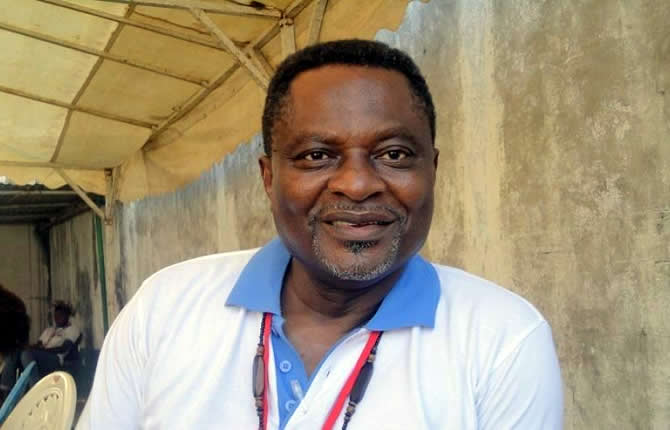
As Cameroon’s 2025 presidential election draws near, political tensions are mounting sharply following the rejection of Maurice Kamto’s candidacy, the opposition figurehead nominated by MANIDEM.
Anicet Ekanè, president of MANIDEM, has publicly denounced what he describes as a “mafia operation” designed to sabotage Kamto and weaken the opposition from the outset.
Ekanè asserts that this maneuver reflects a deliberate strategy to manipulate the electoral process by sidelining key opposition voices.
“The regime is colluding with certain media outlets to orchestrate this,” he said, pointing to journalist Bruno Bidjang, known for his government ties, who published a list of the 13 approved presidential candidates days before the official announcement by ELECAM, the electoral commission.
This premature disclosure, Ekanè argues, exposes a tightly controlled system engineered to lock out dissenting voices.
ELECAM justified Kamto’s disqualification by citing his “multiplicity of investitures,” a rationale Ekanè vehemently rejects as hypocritical and inconsistent.
“Similar cases within other parties, particularly the ruling RDPC, have been tolerated without issue,” he noted, condemning the electoral justice system as one of “variable geometry,” feigning neutrality while effectively serving as an instrument of political power.
The Constitutional Council, which represents Kamto and MANIDEM’s last avenue of legal recourse, has also come under criticism. It faces frequent accusations of bias, rarely ruling in favor of opposition parties.
Ekanè warns that while their appeal may have merit, it risks being undermined by politically motivated interpretations of the law.
With these developments, there are growing fears that Cameroon’s 2025 presidential election could be decided behind closed doors rather than through a transparent democratic process. As the opposition decries manipulation, the nation braces for an electoral contest shadowed by controversy and distrust.



